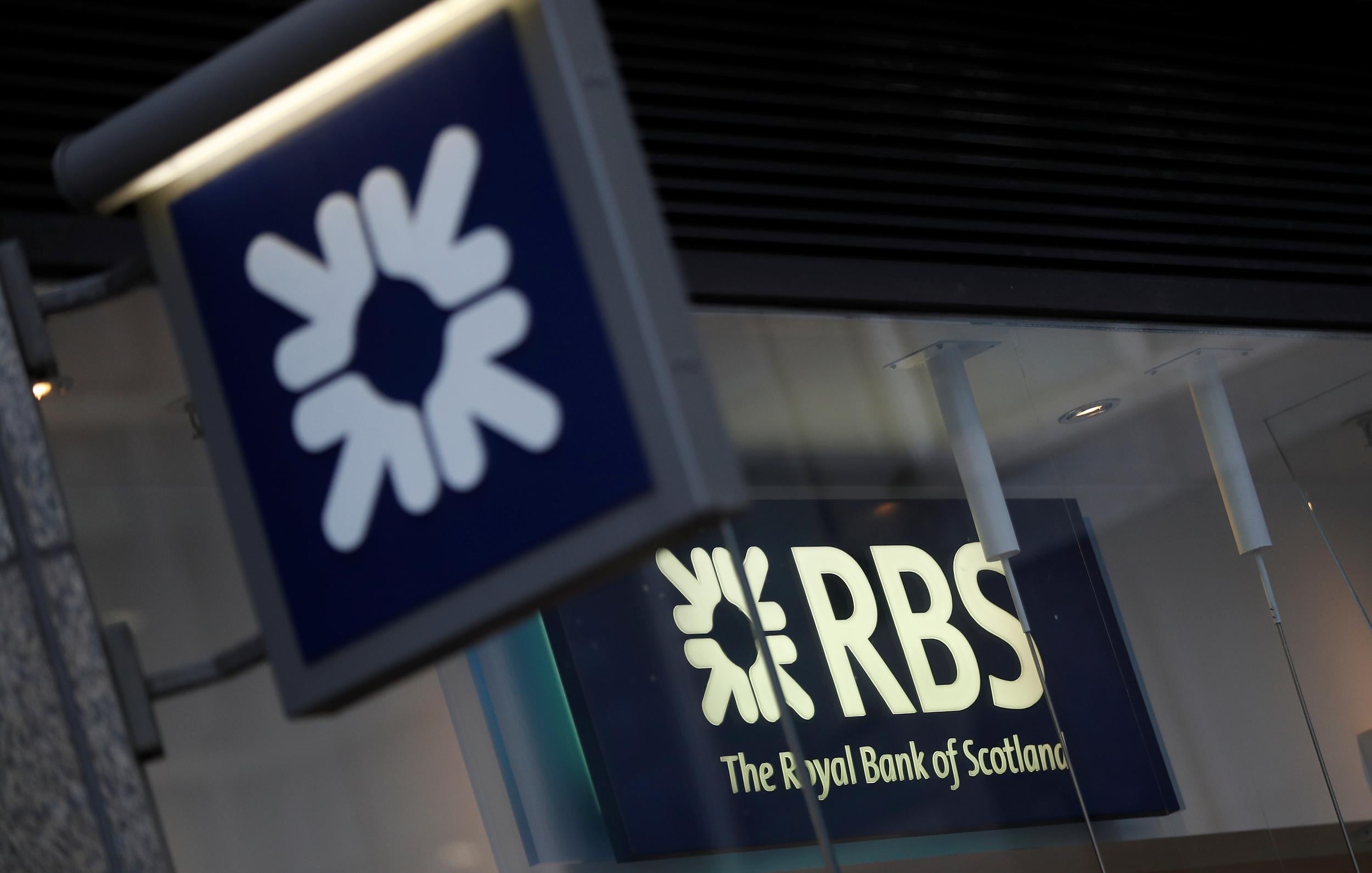UK government to sell 7.7% stake in bailed out bank RBS
Sale will take government's holding in the bank to 62.4 per cent from 70.1 per cent.

The government has announced it plans to sell a 7.7 per cent stake in Royal Bank of Scotland, as it restarts the process to privatise the lender after bailing it out during the financial crisis.
According to a Treasury announcement, UK Government Investments told the chancellor on Monday that it “would be appropriate to conduct the second sale of the government’s shareholding in the Royal Bank of Scotland”. The first divestment of part of the government’s stake took place in 2015, when George Osborne authorised the sale of 600m shares at a loss of around £1bn.
The government bought approximately 80 per cent of the bank in order to save it from going under during the financial crisis, shelling out £45.5bn for shares price at more than 500p each.
However, the lender’s share price is significantly lower than that now, trading at just over 280p on Monday, and selling off the stake at current prices represents a huge loss for the taxpayer.
Last week, Labour warned Philip Hammond against resuming the selling of shares in RBS, and said there was “no economic justification” for such a move.
John McDonnell, the shadow chancellor, said: “There is no economic justification for a further sell-off of RBS shares and it beggars belief that this government is considering selling shares at an even bigger loss to the taxpayer than the £1bn George Osborne managed.
“All further sales of RBS shares should be halted, and the bank reorganised under public control to help provide the patient, long-term investment capital that businesses across the country so urgently need. The next Labour government will deliver a banking system that works for the many, not the few.”
However, on Monday, the TaxPayers’ Alliance welcomed the announcement of the sale, and called for the remaining shares held by the government to be sold quickly.
James Price, campaign manager at the TPA, said: “The state has no business permanently owning shares in a bank, regardless of the current share price. Arguments for keeping these shares in public ownership are wheeled out by advocates of a big state regardless of whether the share price goes up or down. This was never an ‘investment’ but an emergency recapitalisation plan made during the financial crisis.
“The simple fact is that if politicians think they are such a good bet, they should buy the shares with their own money, rather than using taxpayers’ cash to grow the size of government. The remaining shares should also be sold as quickly as practically possible, so that bankers assume the risk, not the general public.”
RBS recently agreed to pay a $4.6bn (£3.5bn) settlement to the US department of justice over its role in the financial crisis. Many saw the agreement, which brought a long-running investigation into the bank to an end, as a signal that the government would soon begin the process of reprivatisation.
Last month the lender announced that it would close 162 branches, cutting 792 jobs across England and Wales, following a review of the branch network.
RBS said its decision not to launch Williams & Glyn as a challenger bank meant it had too many branches operating in close proximity to each other, under both the NatWest and RBS brands.
Join our commenting forum
Join thought-provoking conversations, follow other Independent readers and see their replies
Comments